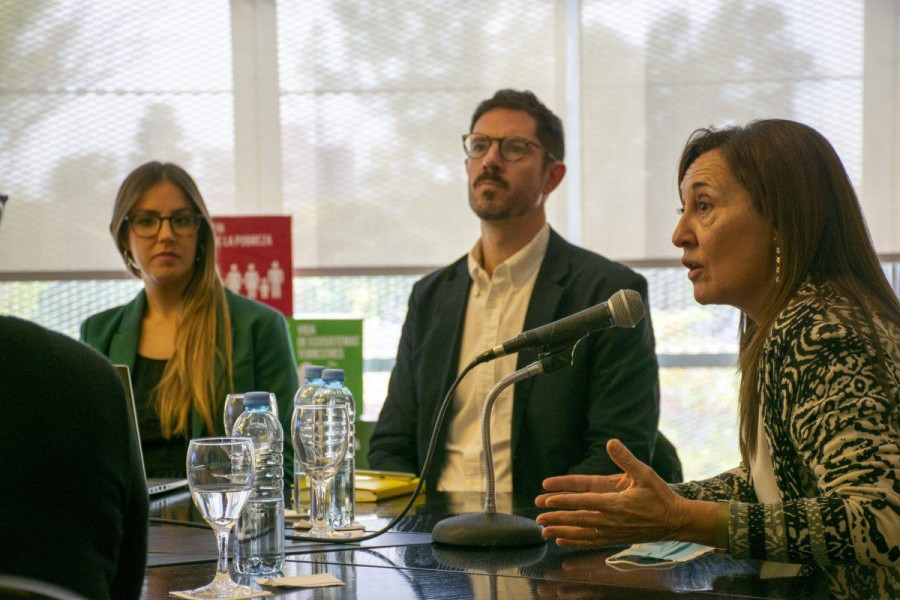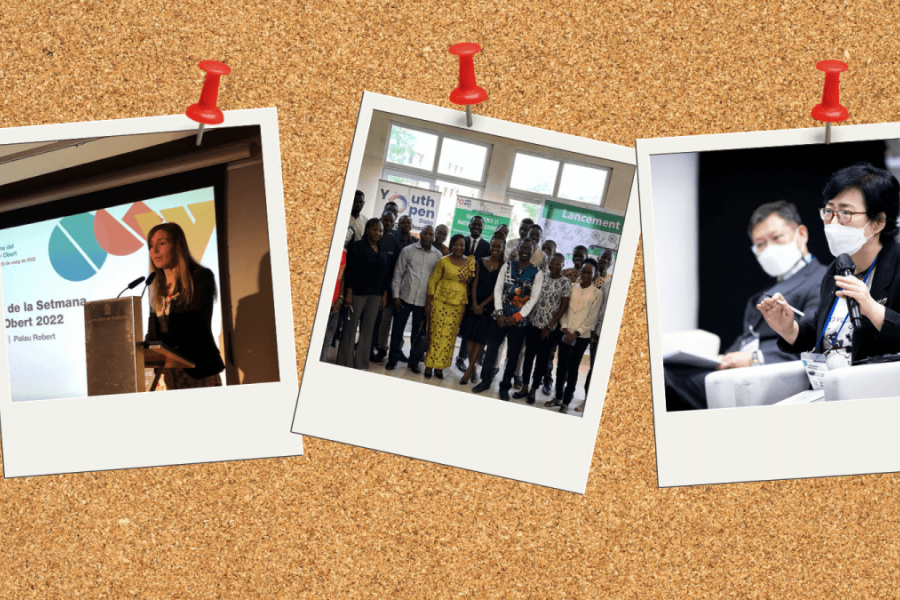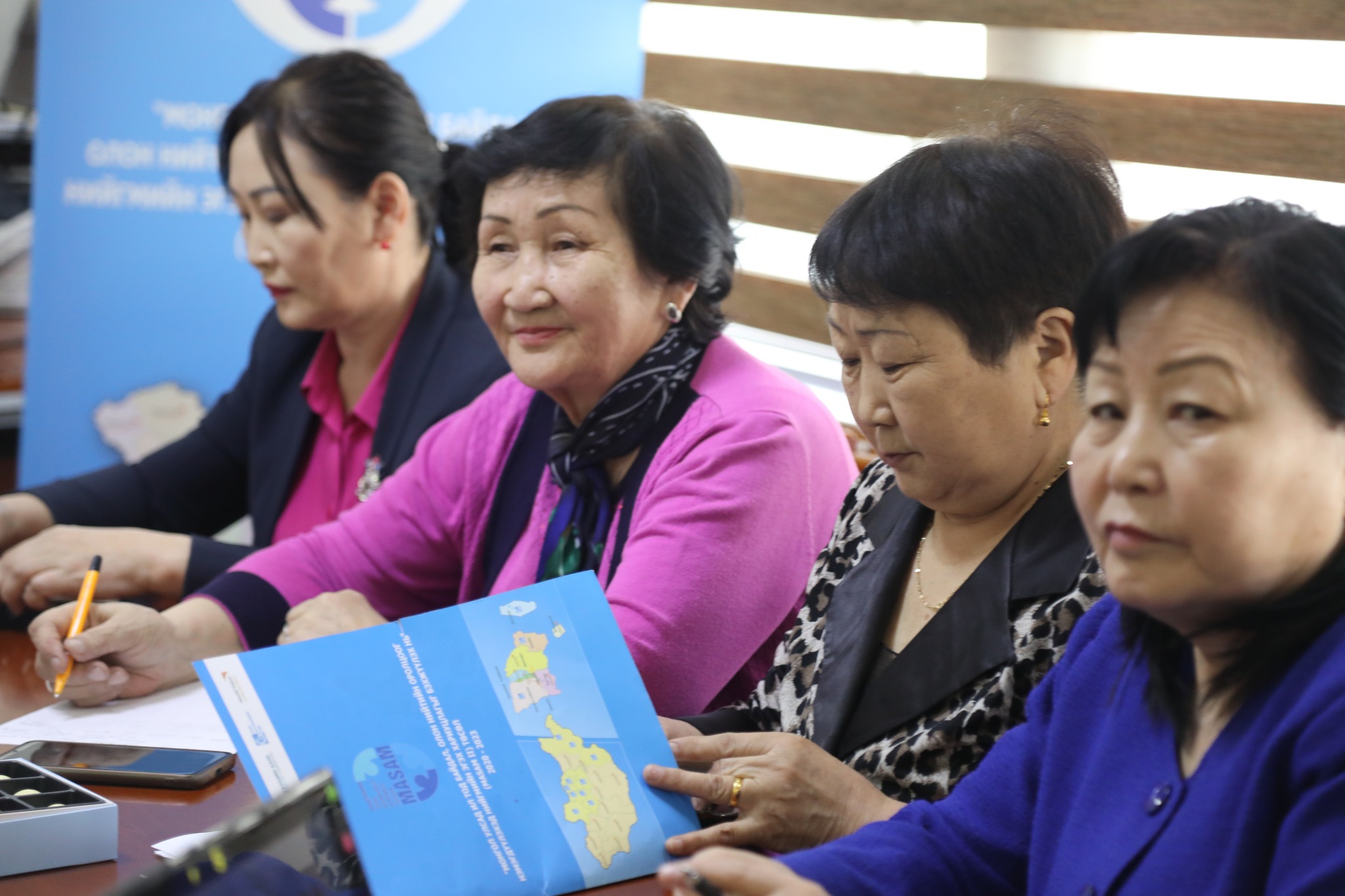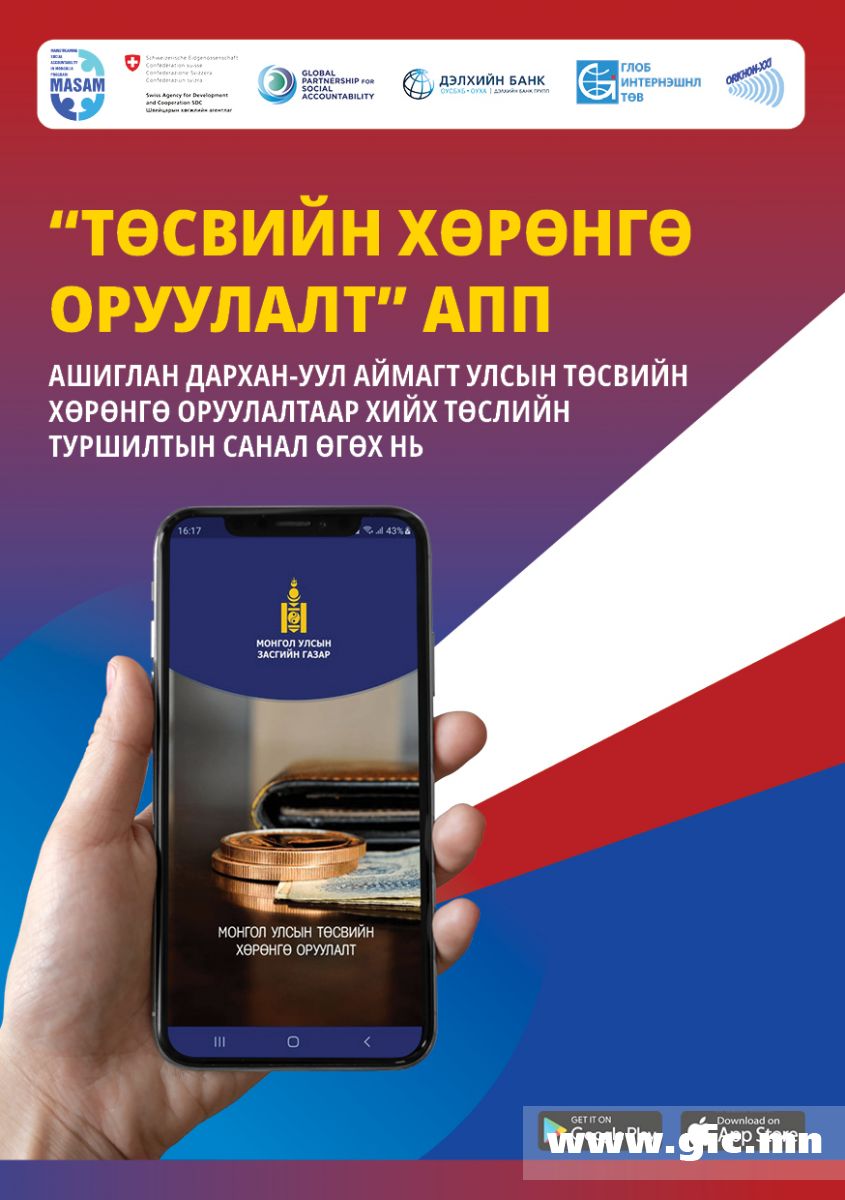Back
This year, OGP’s Independent Reporting Mechanism (IRM) started rolling out the Co-Creation Brief, a new product that shares lessons from past action plans and open government practice to support reformers in co-designing ambitious and feasible commitments. As more than half of OGP member countries will develop their action plans in the coming months, these briefs can offer action-oriented guidance at a critical juncture.
Co-Creation Briefs are a result of the IRM Refresh, responding to the community’s call for an IRM that fosters learning, as well as accountability. Their timing and focus make the briefs a key tool when developing action plans. They are produced three months before the development of the action plan begins and offer targeted recommendations to strengthen the co-creation process based on lessons and good practices across OGP members.
Co-Creation Briefs are now available for Cabo Verde, Chile, Côte D’Ivoire, the Czech Republic, Denmark, the Dominican Republic, Estonia, Greece, Indonesia, the Netherlands, Norway, the Philippines, Seychelles, and Sweden. These briefs are already helping countries to reform multi-stakeholder forums, improve the transparency of their co-creation process, and advocate for change.
As IRM data shows, collaboration and participation in action plans has improved in recent years. However, there is still room to grow. Co-Creation Briefs offer measures to address gaps in previous OGP processes in member countries. While the updated OGP Participation and Co-Creation Standards provide the minimum requirements, the briefs provide tailored guidance. They advise on using online repositories for the development and implementation of commitments. Through actionable recommendations, governments can develop co-creation timelines, document inputs for commitments, and report how these contributions were considered. The briefs also offer recommendations to expand and include the array of participants involved in the action plan.
The briefs consider the country’s journey in OGP and identify opportunities to leverage the platform and the independent reporting the Partnership offers for implementing key reforms in priority policy areas. For example, the briefs for Greece and the Netherlands suggested including commitments to transpose the EU Whistleblower Directive to strengthen whistleblower protections, an area previous IRM reports identified as one of the top priorities for anti-corruption efforts in these countries. In Cabo Verde and Seychelles, the IRM recommended committing to a longer-term strategy for transparency and participation in the fisheries sector in line with the Fisheries Transparency Initiative. This sector is vital for the economies of both island countries and could benefit from transparency and multi-stakeholder collaboration through OGP.






